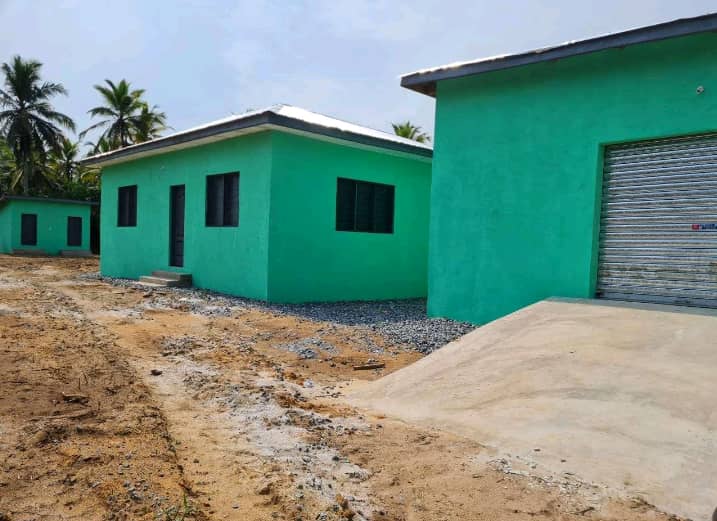
The Ankasa-Tano Community Resource Management Area (CREMA), West African Primate Conservation Action (WAPCA) and French NGO Noe’ in partnership with Savannah Fruits Company have announced the opening of their second community-managed virgin organic coconut oil processing centre of the Ankasa-Tano CREMA at Edobo in the Jomoro District of the Western Region.
The project is the second of its kind in the area and seeks to empower women and farmers to produce organic virgin coconut oil, curb deforestation and sustainably manage natural resources, by and for the most vulnerable communities.
Both processing centres, the first in Ellenda opened in 2020, form part of the holistic approach to conservation whereby WAPCA recognises not only the conservation needs of the primates but also the socio-economic needs of the communities.
A statement confirming the project from the three organizations revealed that, the creation of the Processing Centres has three main objectives including Sustainable and fair development which means the Green Value Chain (GVC) created is certified organic and that producers commit to sustaining healthy ecosystems with organic agricultural practices and certification processes, and guarantees a minimum floor price and an additional premium, fair working conditions and respect of human rights.
“West African women face disproportionate challenges such as land tenure, discrimination and sexual exploitation. Only 10% of aid for agriculture, forestry and fishing goes to women (FAO, 2014) while agricultural production could be increased by 20-30% if women had the same access to agricultural resources as men (FAO, 2011).
Therefore, giving women the means and opportunity to improve their income by forming virgin coconut oil processor groups grants them the ability to lift themselves out of poverty, along with their families and communities”, the statement said. As part of the project, a Conservation Agreement has been signed between the Ankasa-Tano CREMA and Savannah Fruits Company (SFC).
This agreement joins the CREMA to commit itself to preserving the forest through conservation actions such as patrols or reforestation, producing organic coconut fruits, whereas SFC also commits to buying coconut fruits from the CREMA’s registered farmers at a premium rate and paying a percentage to The Conservation Fund on each coconut purchased.
The Conservation Fund, according to the statement would then pay for the conservation actions and thereby create over time completely self-financing conservation initiatives, which benefits not only the primates but the local people too.
Source: GH Environment







